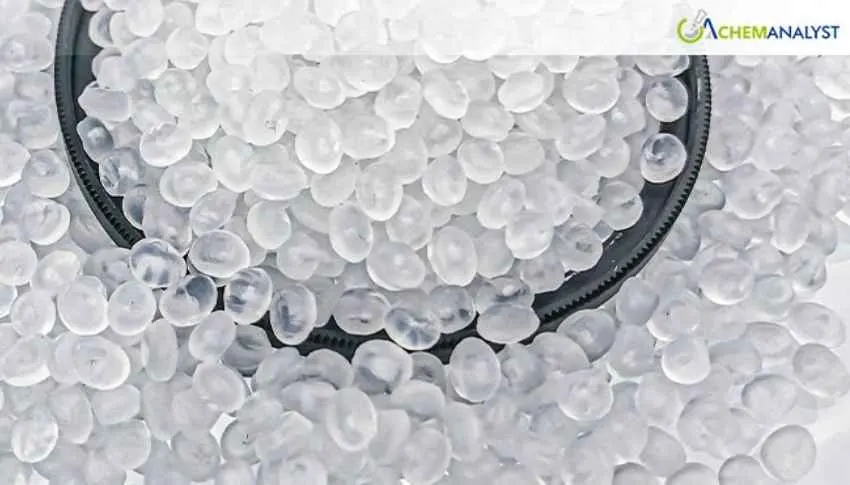Welcome To ChemAnalyst

The Acrylonitrile prices rose in the North American market amid firm exports and moderate to low production rates in the region. Meanwhile, the Acrylonitrile demand was stable to produce end-use materials in the downstream Styrene Butadiene Rubber and ABS industries. In the upcoming weeks, Acrylonitrile prices are expected to increase further due to an anticipated increase in production costs attributed to the tightened availability of feedstock supplies. At the same time, steady demand for Acrylonitrile-derived materials would keep orders steady from downstream industries, and market players would raise their quotations to protect their profit margins.
In August xxxx, the Acrylonitrile prices rose in the North American market. Moderate to low production levels amid limited availability of feedstock ammonia and firm export flows to Europe, Asia, and Latin America impacted the regional inventory levels. At the same time, demand was stable from the downstream Styrene Butadiene Rubber and ABS manufacturers to produce end-use materials. Prices are expected to increase further in the upcoming weeks due to an anticipated increase in production costs amid tightened availability of feedstock supplies. Simultaneously, firm demand for Acrylonitrile-derived materials would keep orders steady from downstream industries.
The Acrylonitrile production rates were moderate to low amid limited stocks of feedstock Ammonia in the region. On the other hand, cost support eased amid firm availability of feedstock Propylene supplies in the regional market, attributed to a decline in consumption from downstream polymer industries, and...
We use cookies to deliver the best possible experience on our website. To learn more, visit our Privacy Policy. By continuing to use this site or by closing this box, you consent to our use of cookies. More info.
